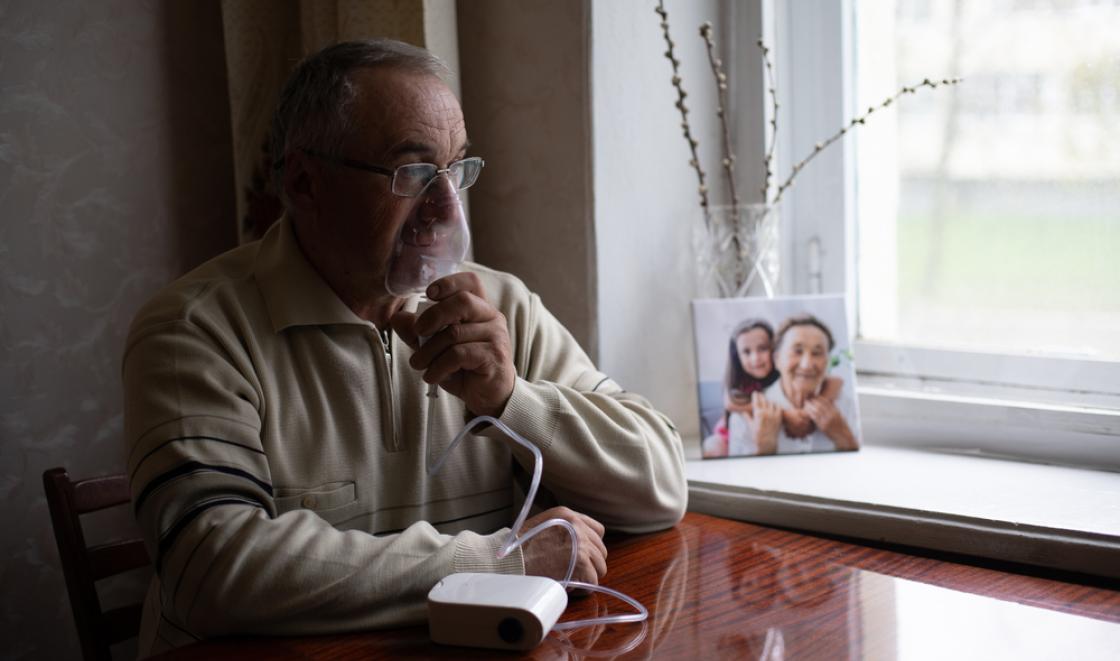Aims of this fellowship
Within her fellowship, Dr Brighton aims to develop a better understanding around loneliness and the wider psychosocial health of people with COPD, to generate preliminary evidence to address this, and engage with diverse stakeholders around this topic.
In particular, the fellowship aims include:
- Raise the profile of psychosocial factors in respiratory disease
- Develop a better theoretical understanding of loneliness and how it relates to health outcomes in respiratory disease
- Forge new collaborations with stakeholders across psychological and respiratory health, including in medicine, nursing, allied health, psychology and social care, as well as people personally affected by COPD.
Methods
The project will include secondary analysis of qualitative data to explore loneliness in people with COPD. This data comes from another ARC-adopted project, Breathe Plus, where Dr Brighton interviewed people living with both COPD and frailty as part of a project about rehabilitation.
Alongside this, she will undertake training with the health psychology team, share learning so far with teams across psychology and respiratory care, and work with diverse stakeholders to develop applications for future research funding. This includes connecting with policy influencing organisations including Asthma + Lung UK and Campaign to End Loneliness.
Collaborators
This research forms part of an ESRC fellowship awarded to Dr Lisa Brighton, hosted by the Department of Psychology in collaboration with the Cicely Saunders Institute at King’s College London.
This project has been adopted by ARC South London and is expected to finish in October 2023.



